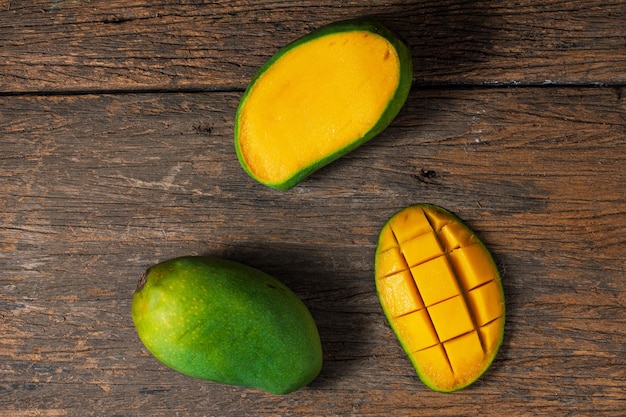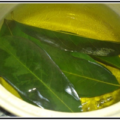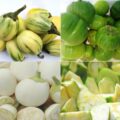One way diet affects your health is through a process called “acid-alkaline balance.” The pH (potential of hydrogen) determines a substance’s acidity or alkalinity and is measured on a scale of 0 to 14. The lower the pH, the more acidic the solution. The higher the pH, the more alkaline (or base) the solution. When a solution is about in the middle of the range—neither acid nor alkaline—it has a neutral pH of 7.
The body regulates pH in very narrow ranges. In the different organs throughout the body, finely tuned physiological systems constantly work to keep the pH within specific ranges for optimal function. Stomach acid, which is important for healthy digestion and as a protection against potential infections, has a low pH, about 2-3. When the pH of your stomach cannot get low enough, it causes problems with digestion and can create acid reflux. Most people and medical approaches to acid reflux assume that there’s too much acid, when in fact the problem might to too little acid. Blood is kept at a neutral pH, between 7.35 to 7.45.
According to the “science” behind this diet, eating specific foods that make your body more alkaline can protect against those conditions as well as shed pounds. The alkaline diet really rocketed into the news when Victoria Beckham tweeted about an alkaline diet cookbook in January 2013.
What are mangoes?
The mango is a tropical stone fruit and a member of the drupe family. This is a type of plant food with a fleshy outer section that surrounds a shell, or pit. This pit contains a seed. Other members of the drupe family include olives, dates, and coconuts.
There are many different kinds of mango. They vary in color, shape, flavor, and seed size. Although mango skin can be green, red, yellow, or orange, its inner flesh is mostly golden yellow. Mango is packed with polyphenols, which are plant compounds that act as antioxidants to protect your body. Consuming mangoes have a variety of health benefits that can help protect and strengthen the body.
Is Mango Acidic Or Alkaline?
Mangoes tend to be more acidic than alkaline. A ripe mango has an approximate Ph of 5.80-6.00 while an unripe mango has an approximate Ph of 3.40-4.80 both of which fall within the acidic range.
Despite its acidic nature, the vitamins, minerals, and antioxidants in mangos can provide important health benefits. For example, vitamin K helps your blood clot effectively and helps prevent anemia. It also plays an important role in helping strengthen your bones. Mangos are also rich in vitamin C, which is important for forming blood vessels and healthy collagen, as well as helping you heal.
Mangos are rich in beta-carotene, a pigment responsible for the yellow-orange color of the fruit. Beta-carotene is an antioxidant, just one of many found in mangos. The antioxidants in mangos have been shown to fight free radicals, which can cause damage to your cells and potentially lead to cancer.
Mangos are also helpful for supporting your cardiovascular system. They are a great source of magnesium and potassium, both of which are connected to lower blood pressure and a regular pulse. Furthermore, mangos are the source of a compound known as mangiferin, which early studies suggest may be able to reduce inflammation of the heart.
Mangos can help stabilize your digestive system. They offer both amylase compounds and dietary fiber, which can help you avoid constipation. Amylase compounds can help dissolve other foods in your stomach, breaking down difficult starches. Meanwhile, the fiber in mangos can be more effective for relieving constipation than equivalent fiber supplements.







